Jason Marsalis, born into the illustrious Marsalis family, displayed prodigious musical talent from an early age. He is the youngest sibling of jazz luminaries Wynton, Branford, and Delfeayo Marsalis, with their father, Ellis Marsalis, being a pivotal figure in their musical upbringing.
At just three years old, Jason's parents, Ellis and Dolores, fostered his interest in music by introducing him to a toy drum set. This early fascination evolved into a love for performing, with Jason relishing the imaginary concerts his parents would host for him. By six, he had acquired his first real drum set and began taking lessons from the renowned New Orleans drummer James Black. Jason's rapid progress led him to play with his father's jazz group and, at the tender age of seven, he joined forces with his trombonist brother, Delfeayo.
Jason's commitment to the drums was unwavering throughout his formative years. However, a discovery in a junior youth orchestra in Richmond, VA, sparked his interest in percussion, prompting him to abandon the violin and focus solely on percussion. In 1991, he gained admission to the prestigious New Orleans Center for the Creative Arts High School (NOCCA). His high school years were marked by honing his skills through collaborations with his father and brothers and studying orchestral percussion techniques at the Eastern Music Festival.
After graduating from NOCCA in 1995, Jason assumed the drum throne in a new group led by virtuoso pianist Marcus Roberts. While maintaining a demanding touring schedule with Roberts, he pursued further education at Loyola University in New Orleans and delved into composition under the guidance of notable classical composer Roger Dickerson.
Jason Marsalis was a ubiquitous presence in the New Orleans music scene, collaborating with diverse bands and musicians, from Brazilian-inspired Casa Samba to jazz fusion group Neslort. In 1998, he co-founded the Latin-jazz ensemble Los Hombres Calientes and produced albums both with the group and under his own name.
In 2000, Jason transitioned to focus more on the Marcus Roberts trio, expanding his repertoire to include the vibraphone. This marked a pivotal juncture in his career, leading to collaborations with renowned artists like clarinetist Tim Laughlin. Hurricane Katrina, which struck in 2005, disrupted his trajectory, but Jason returned to New Orleans in 2007, revitalizing his involvement in the local music scene.
In the years that followed, Jason's musical diversity expanded, and he embarked on teaching roles at NOCCA while performing with traditional jazz musicians at iconic venues like Preservation Hall and Palm Court Jazz Cafe. His mastery of the vibraphone garnered him opportunities with the legendary Lionel Hampton Orchestra.
Jason's career continued to evolve with projects like the Native Jazz Quartet, fusing folk songs into jazz, and collaborations with the Marcus Roberts Trio, including an album with banjoist Bela Fleck. His 2013 release "In a World of Mallets" on vibes achieved critical acclaim and recognition, topping the JazzWeek Radio Charts and earning an Offbeat Magazine award.
In 2014, he further pushed the boundaries of modern jazz with The 21st Century Trad Band, solidifying his status among mallet instrument greats. Jason Marsalis's music remained fresh and innovative, with his quartet's 2018 release, "Melody Reimagined: book 1," and a live project in 2020 titled "Jason Marsalis Live."
Over the years, Jason Marsalis has demonstrated remarkable growth as both a composer and performer, with an unwavering dedication to the art of jazz. His maturity and command over his music shine brightly, captivating audiences and critics alike.
Information Provided by Artist
























